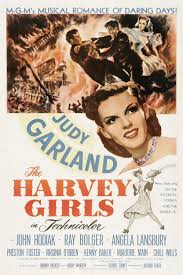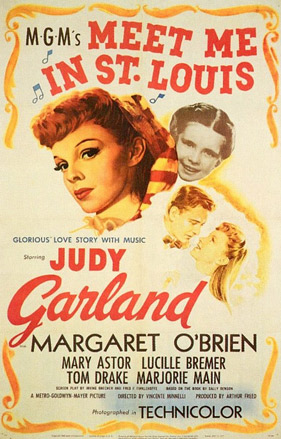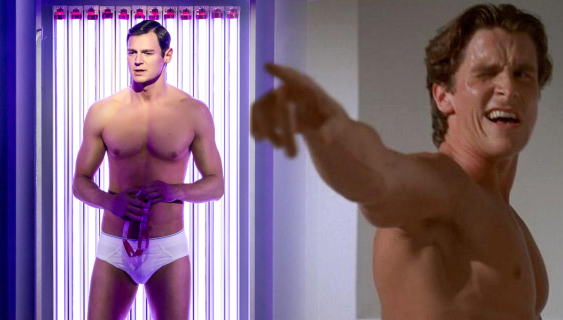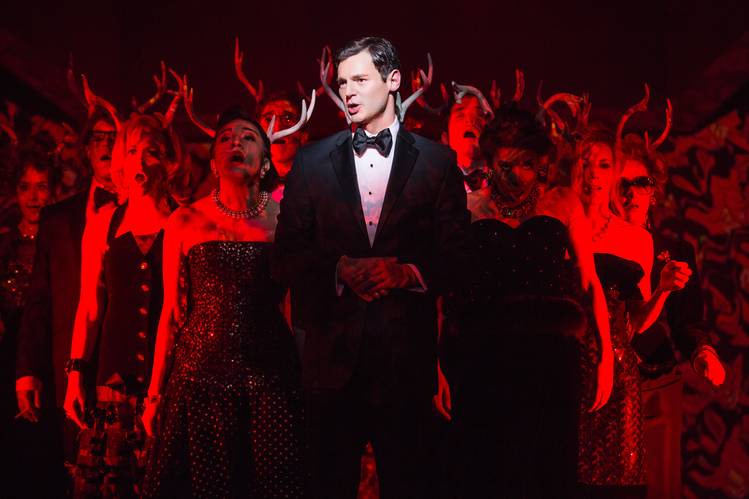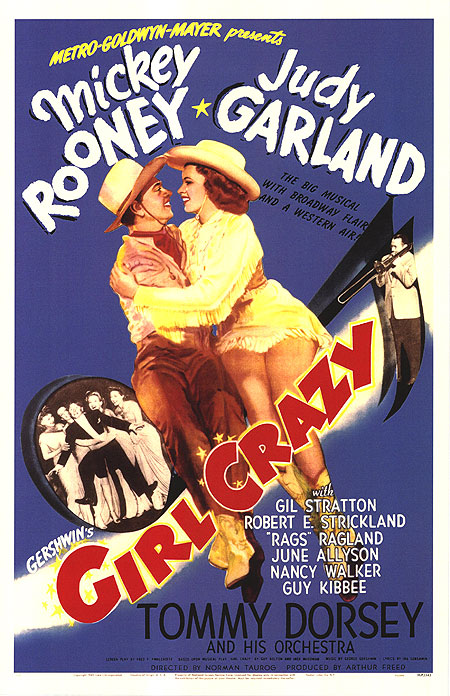"Mary Poppins Returns" and "In the Heights"
 Wednesday, June 1, 2016 at 10:00AM
Wednesday, June 1, 2016 at 10:00AM 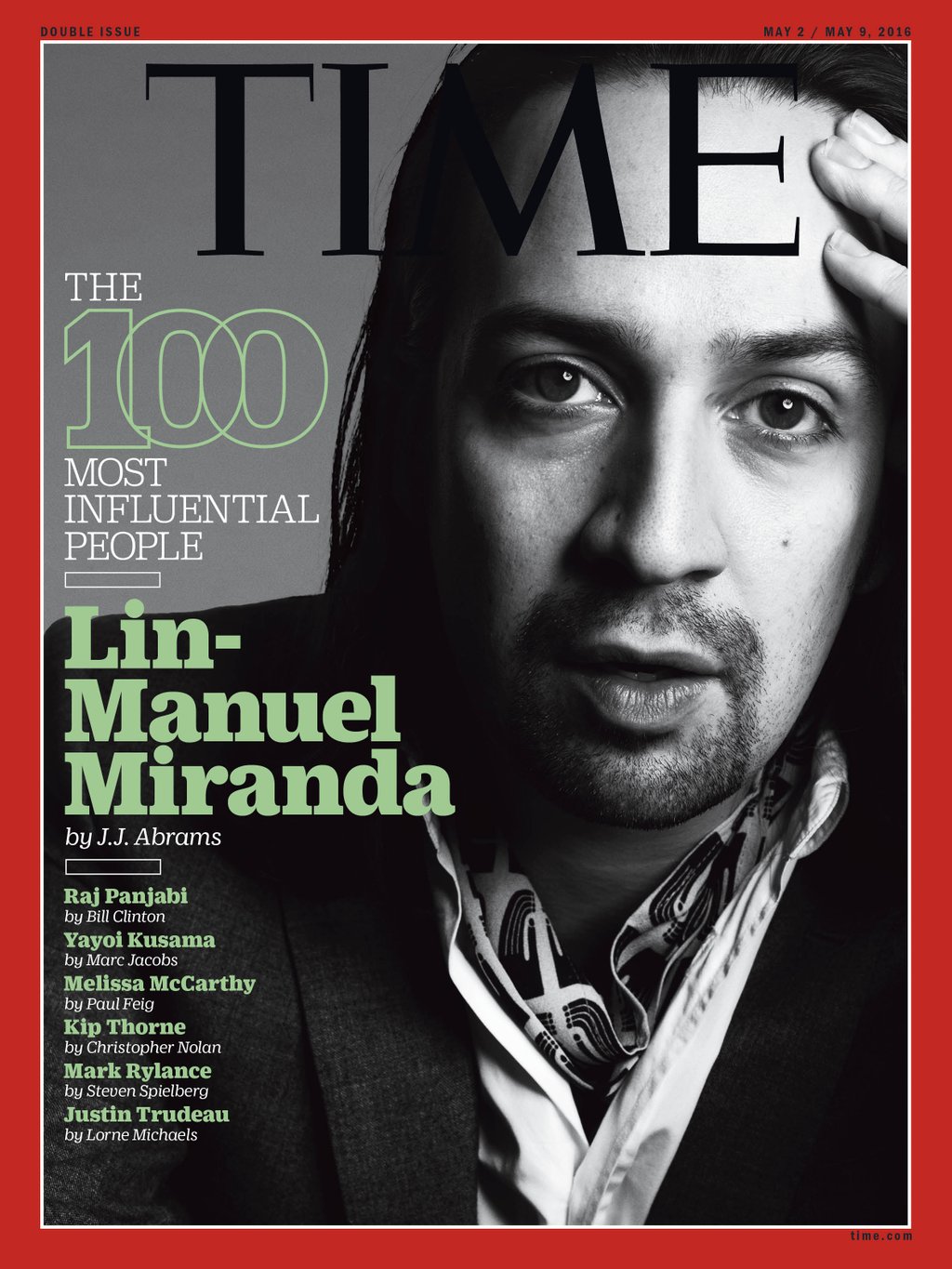 Broadway's Hamilton fever has caught up with mainstream Hollywood. The Tony winning writer/director/actor Lin-Manuel Miranda, whose Hamilton is the easy frontrunner going into the Tony Awards a week from Sunday (I'm finally seeing it, too, wheeee, albeit a few days after the Tony Awards - thanks Rory!) has two big movies brewing now.... and that's before anyone gets around to trying to get Hamilton on the big screen. He exits Hamilton on July 9th so he'll have plenty of time to chase these Hollywood opportunities.
Broadway's Hamilton fever has caught up with mainstream Hollywood. The Tony winning writer/director/actor Lin-Manuel Miranda, whose Hamilton is the easy frontrunner going into the Tony Awards a week from Sunday (I'm finally seeing it, too, wheeee, albeit a few days after the Tony Awards - thanks Rory!) has two big movies brewing now.... and that's before anyone gets around to trying to get Hamilton on the big screen. He exits Hamilton on July 9th so he'll have plenty of time to chase these Hollywood opportunities.
Mary Poppins Returns
We've heard rumors of a Mary Poppins remake for ages but it looks like we're getting a sequel instead with the delightfully versatile Emily Blunt as the magical nanny (the iconic Julie Andrews part) and Lin-Manuel Miranda as a new character but I'd still expect a jolly-holiday sort of partner in magical highjinks for Mary. He's described as a "lamplighter" which isn't that far off of chimney sweep in civic duties, don'cha know. The score will be written by Marc Shaiman and Scott Wittman who wrote most of the best songs for Smash as well as Broadway's terrific Hairspray. So all of that is very good news. Plus an ORIGINAL movie musical. That is a rarest of things since forever outside of Disney's Little Mermaid era!
But... the film is to be directed by Rob Marshall (Chicago, Into the Woods, Nine).
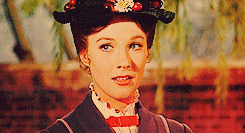
The choice of Marshall is wholly expected since Hollywood doesn't seem to believe it can make musicals without him. That's a pity. Nothing against Marshall but he's not consistent enough to be anywhere close to a "must get". We wish they'd realize that the genre needs and deserves new Vincente Minnellis, Stanley Donens, and Bob Fosses, not someone who can just get the job done and hope for the best about the final result. I am confident that those people exist but remain untapped. The film is due on Christmas Day in 2018. The original Disney classic was nominated for 13 Oscars, winning 5. (It's still Disney's only live action Best Picture nominee... though there Touchstone wing has been nominated before) Good luck measuring up!
In the Heights
The Weinstein Company is also getting into the Miranda business with a film version of In the Heights, his musical from 2008 about three days in the lives of characters in the Washington Heights neighborhood of NYC (which is largely Hispanic). A previously announced production by Universal failed to materialize. The film won 5 Tonys including Best Musical. No casting or director announced for this one but they want it to be bare bones and "scrappy." No release date yet announced but sometimes stage to screen versions take decades. ("Wicked"? What's that?)
Any suggestions for the director's chair?



